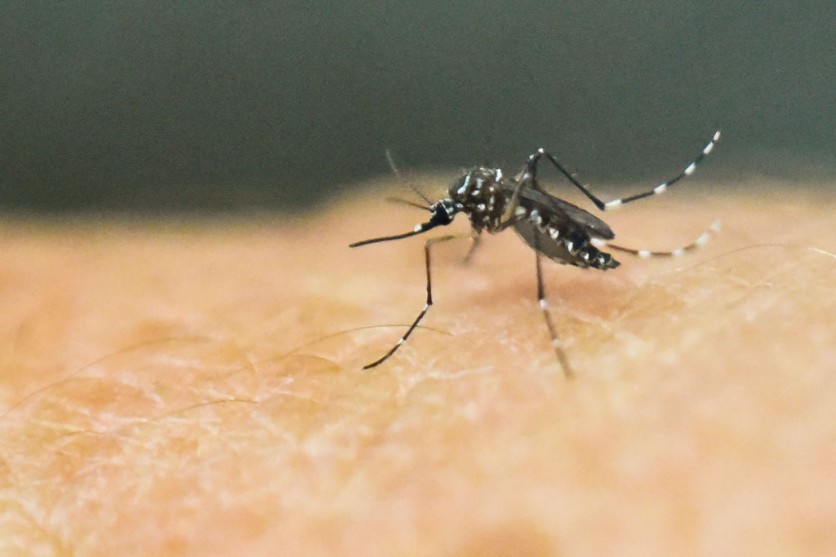The United States and other nations are failing to address the rising danger of disease-carrying insects caused by globalization and climate change, according to a two-day session at the National Academies of Science, Engineering, and Medicine in Washington, DC.
At the session, UC Davis professor emeritus medical entomologist Tom Scott warned that inaction has dire, unethical, and unacceptable repercussions, per NPR.
The workshop focused on arboviral threats, highlighting mosquito- and tick-borne viruses that harm humans. Tropical diseases once deemed distant from the US are now emerging locally, with recent cases of malaria and skin disease caused by tropical parasites. Zika outbreaks in Florida and Texas in 2016-2017 and dengue outbreaks for over a decade show that such infections are spreading.
Asian tiger mosquitoes (Aedes albopictus), which spread dengue, Zika, and chikungunya, entered the US via the old tire trade in the 1970s and 1980s. The mosquitoes adapted quickly to south, east, and west cities.
In October, Healthline reported that cutaneous leishmaniasis, a tropical infection causing skin lesions and disfiguring scars, may find a home in the southern United States. This condition is transmitted through the bite of sandflies carrying a single-celled parasite called Leishmania, of which around 30 known varieties can infect mammals.

What Happened?
Researchers warned of a spike in tropical diseases as global warming spreads insects and illnesses. Despite these warnings, the US has lost insect tracking capabilities. In 1927, each state had an entomologist dedicated to insect population and malaria control. Today, only sixteen state entomologists remain, impacting the nation's ability to monitor viruses like West Nile.
Read Also: US Authorities Seize $18 Million Worth of Illegal E-Cigarettes, Including Popular Elf Bar Brand
Health experts point to Singapore as a successful model for mosquito control, citing proactive measures such as urban environment cleanup, early education in vector control, and an extensive surveillance program tracking dengue cases by neighborhood. Described as "the carrot and the stick," Singapore's approach has proven effective, although challenges may arise in countries like the US, where resistance to interventions impacting personal freedom has increased, especially post-COVID. Proposed solutions include vaccines and designing cities to be mosquito-proof.
Global Partners Commit to Combat Neglected Tropical Diseases
At the 2023 Reaching the Last Mile (RLM) Forum, global partners pledged a historic $777 million to combat neglected tropical diseases (NTDs), benefiting 1.6 billion people worldwide, the World Health Organization reported early this month.
Hosted by RLM, a global health initiative led by His Highness Sheikh Mohamed Bin Zayed Al Nahyan, President of the United Arab Emirates, the forum coincided with the inaugural Health Day at the United Nations Climate Change Conference (COP28).
Aligned with NTD-endemic countries, the initiative addresses the impact of climate change on these diseases. The pledged funds will support essential programs and treatments, research and innovation, and reinforce frontline health systems.
A significant announcement expanded the RLM Fund (RLMF) from $100 million to $500 million through a partnership between RLM, the Bill & Melinda Gates Foundation, and other global entities. This expansion aims to eliminate lymphatic filariasis and onchocerciasis (river blindness) from Africa, extending coverage to 39 countries across Africa and Yemen.
Related Article : Stress Eating: Researchers Warn Against Consuming High-Fat Comfort Foods


![Apple Watch Series 10 [GPS 42mm]](https://d.techtimes.com/en/full/453899/apple-watch-series-10-gps-42mm.jpg?w=184&h=103&f=9fb3c2ea2db928c663d1d2eadbcb3e52)


